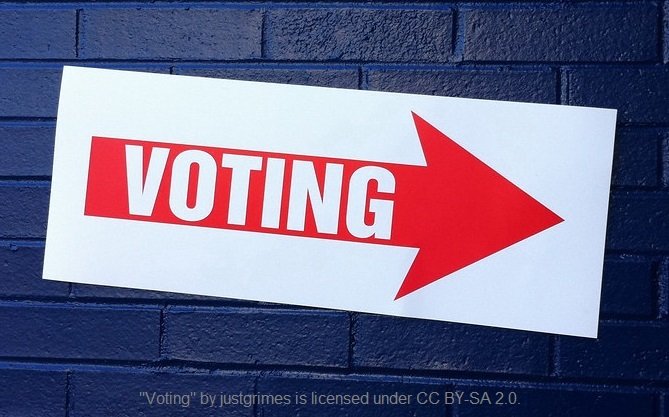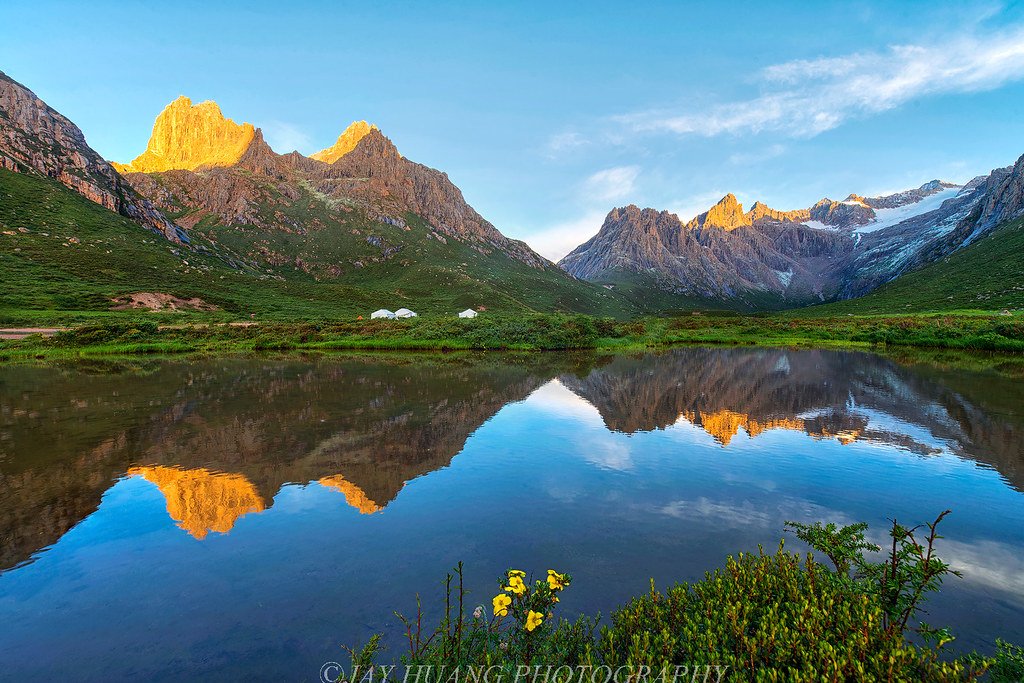By: Mindy Misener - Mindy Misener is a Member in Discernment at Pilgrim. She is currently planning a Pilgrim writing group for the Fall.
Tell me about despair, yours, and I will tell you mine.
—Mary Oliver, “Wild Geese”
Why participate in organized religion at all? It’s a fair question. There are other ways to find community. There are other ways to learn about the history of the Christian tradition and the Bible. There are other ways to seek and experience God. There are other paths for pursuing social justice, other places to gather. There are other venues to hear music, there are other nurturing environments for children, there are other organizations that would gladly accept volunteered time. My point isn’t to compare the quality of any one church’s offerings with any other organization’s offerings. All I’m saying is that a lot of what we find at church we can also find elsewhere.
A lot, but not everything. One thing that makes church a unique and even holy place for me is the opportunity to be honest about our experience of living: our fears, our despair, our grief, our loss, our fury, our helplessness. While other particular, small-group settings may offer such honesty—I think of AA meetings as one example—I can’t think of any other organization that opens its doors wide once a week for a public gathering in which the goal is—or should be, at least—recognizing something about what we are all living through, collectively and individually.
Of course, it’s easy for performance to trump truth. It’s easy to don masks of being “fine” when we don our Sunday outfits. And there’s nothing wrong with using a mask to disguise things that we’re really not ready to share. But there is always a time when we need to put down our masks, and I would submit a healthy church community as a place better equipped than many others to love us when we do.
I know that “gospel” means “good news,” making Christians bearers of good news in the world. I really do get that. But when good news is nothing but platitudes and quick assurances, there’s little room to find out how the good news actually works in any particular life. Despair often does yield to joy—but not in a predictable way. Grief can make room for a wider and deeper understanding of love—but it doesn’t do so on a timetable.
So let’s find more ways to share our true stories, to invite honesty by being honest with one another. Let’s not rush to make promises to each other because we can’t bear to face our own fears about whether those same promises will be fulfilled in our own lives. Let’s sit with the sadness and desperation that’s as old as the hills—as old as the holy texts we share in common—and tell each other about how this life is finding its terrifying edges. And then, when the time is right, we will each of us tell a true story about how this life was rescued by love.



















